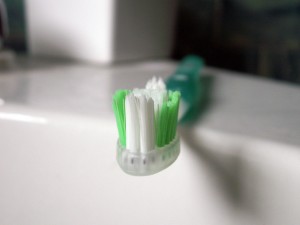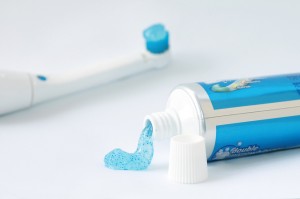Prevention is the key to good oral health
Regular dental check-ups are an essential part of maintaining good oral health. Many people assume that if they brush and floss their teeth regularly, they don’t need to visit the dentist. However, this is not true. Even if you have excellent oral hygiene habits, you still need to see a dentist regularly for professional care.
Here are some of the reasons why regular dental check-ups are so important:
- Early Detection of Dental Problems
During a dental check-up, your dentist will examine your teeth, gums, and mouth for any signs of dental problems. This includes cavities, gum disease, oral cancer, and other issues. Note that a lot of these dental diseases can be present without any pain or other symptoms. If these problems are detected early, they can be treated before they become more serious and require more extensive treatment. - Preventive Care
Preventive care is an essential part of maintaining good oral health. During your dental check-up, your dentist will clean your teeth to remove any plaque or tartar build-up. This will help protect you from cavities and gum disease. - Improved Overall Health
Did you know that your oral health is closely linked to your overall health?
Poor oral health can increase your risk of developing a range of health problems, including heart disease, diabetes. Regular dental check-ups will help ensure that your oral health is in good condition, which can in turn improve your overall health and wellbeing. - Education and Advice
At Redcliffe Smiles your dentist will happily answer any questions or concerns you may have regarding your dental health and provide you with valuable education and advice on how to maintain good oral hygiene. - Cost Savings
Regular dental check-ups can save you money in the long run. By detecting dental problems early, your dentist can treat them before they become more serious and require more expensive treatment. In addition, preventive care can help prevent dental problems from developing in the first place, which can save you money on dental bills.
Regular dental check-ups are an essential part of maintaining good oral health. By detecting dental problems early, or preventing them in the first place, your dentist can help ensure that your teeth and gums stay healthy.
So If you haven’t had a dental check-up in the past six months, give us a call on 1300 428 715. It’s time to make an appointment. Your smile (and your overall health) will thank you for it!
 Brushing twice a day and flossing at least once a day it important but this alone will not completely care for your teeth. Food and debris can become trapped under your gums where your toothbrush and floss cannot reach. If left untreated, over a period of time this can cause problems such as decay or periodontal (gum) disease.
Brushing twice a day and flossing at least once a day it important but this alone will not completely care for your teeth. Food and debris can become trapped under your gums where your toothbrush and floss cannot reach. If left untreated, over a period of time this can cause problems such as decay or periodontal (gum) disease.


